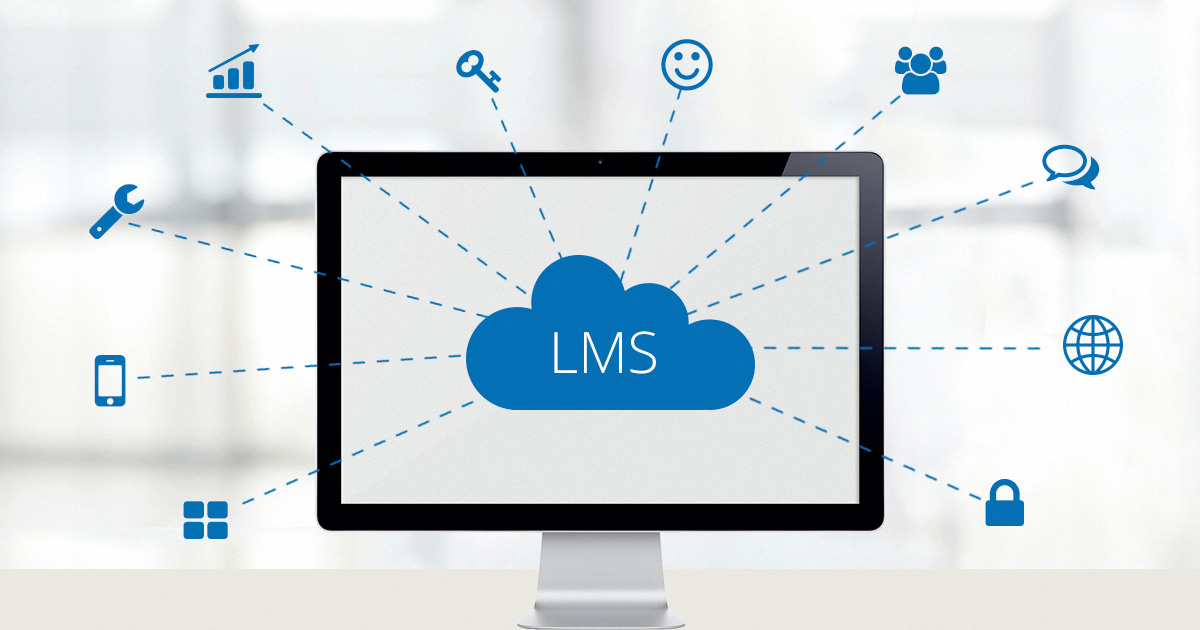
A Learning Management System (LMS) is a software application that allows training content to be delivered to specific people, in a variety of ways. It can be used for everything from sharing health and safety information with building site workers to delivering a module to a class of college students.
LMS platforms can be purchased on an installation basis or cloud-based. An installation LMS is a software package that is downloaded and installed on the user’s computer, while a cloud-based LMS is hosted online by the vendor.
What Is an LMS?
Depending on the type of LMS you purchase, the platform may require an up-front fee and a monthly maintenance charge. The maintenance fee will cover automatic updates and some of the best LMS platforms for small to medium businesses maintenance. It also covers tech troubleshooting if needed.
Some LMS platforms also offer mobile-friendly learning to enable employees to access their training material from anywhere with an internet connection. This saves time for employees and reduces the need to leave work and travel for training.
Variety of features to help administrators track
Most LMS platforms come with a variety of features to help administrators track the effectiveness of their training programs and develop better development paths for their employees. These include analytics that measure user engagement, data about learning gaps, and reports that demonstrate how a training program is contributing to company goals and compliance requirements.
The LMS is also designed to make it easy for instructors to assign course content and track learners’ progress. It supports gamification, video streaming, and personalized dashboards for a better learner experience.
In addition, some LMS platforms offer a robust reporting framework and an API to support integration with other systems. This helps administrators manage and track their training efforts efficiently and improve their return on investment.
An LMS is especially useful for new hires, as it shifts much of the onboarding process from face-to-face instruction to eLearning training. It’s a cost-effective and efficient way to ensure that all new employees have a solid understanding of an organization’s history, policies, and compliance standards.
Using an LMS
Using an LMS to train customers and partners is also common, as it helps software and technology companies provide ongoing customer training to ensure their clients can use their products as easily as possible. This also helps organizations increase their channel partners’ sales and customer support efforts.
LMS platforms
Many LMS platforms also allow users to engage in informal learning through chat, group feed, and discussion forums. This helps promote collaboration among employees and enhances team cohesiveness.
Some LMS platforms also facilitate quizzes for assessment and keep learners engaged with beautifully designed questions. These tools can help you determine how well your training is retaining knowledge, and identify the best practices for future programs.
The LMS is a cost-effective tool for ensuring employee engagement and evaluating the ROI of training programs, so you can better coordinate your employee development efforts. It can be a powerful resource for integrating training with talent management initiatives, such as performance reviews and mentoring.
A learning management system can be deployed to support, simplify, and automate recruitment and onboarding processes for new employees across the globe. This can reduce the time and costs associated with these efforts, as well as promote a more positive workplace culture for all.